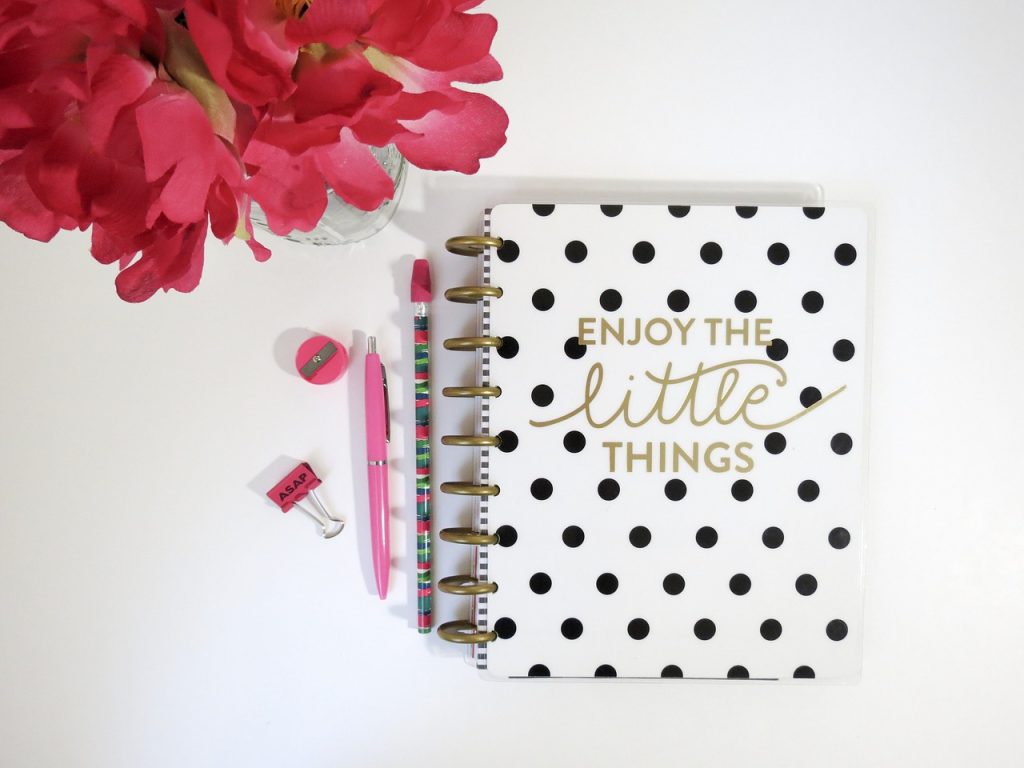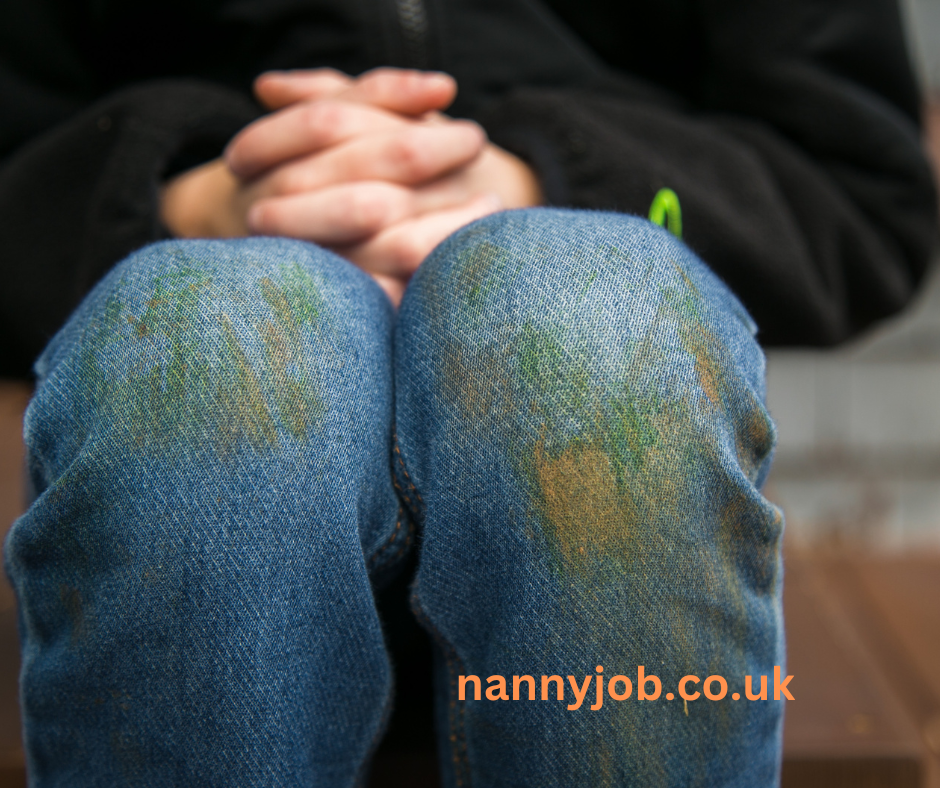One of our lovely Nannies messaged over the weekend to tell us how she has been getting on!
I’ve been an au pair with a family in France who since the beginning of September.
This afternoon, my host mother left me with 2 children for an hour and a half after school. The 3 yr. old wanted to have one of his chocolates but instead of just taking one from his sweet bowl, he brought the whole bowl into the living room.
He ate his chocolate and then I popped him in front of Sesame Street (I have about 75 episodes of this on my laptop and he loves it!) while I went to make dinner in the next room, which isn’t even a separate room as there’s just an archway.
I also had the baby girl who has finally learnt to crawl and is now getting into everything, so I was back and forth every few minutes to check she hadn’t found wires or got stuck under a chair (both have happened). Because there isn’t a door it’s hard to keep her contained! I then went back into the kitchen to serve up their dinner and was not out of the living room for any more than 3 minutes! I came back in to tell them that it was time to come and sit up to the table and heard the baby scrunching some plastic. She had her back to me, but when she turned round, I realised what she’d got: a plastic bag that (had) contained some of the chocolates and sweets from the sweet bowl that he had left on the table. I then noticed there was no chocolate in the bag, and that instead, it was all over her face, hands, and clothes. She’d even managed to get it on the bottom of her feet! She was really pleased with herself!
I took the empty sweets packet away (there were just some of the sweets left, one of which she’d clearly chewed on and decided she didn’t like…) and tried to clean up the sticky baby! She’d managed to get it everywhere, including on the glass table and the carpe
I was mid-stripping her clothes off and trying to keep the 3-year-old, who was attempting to hit his little thieving sister, at a distance, when the mother came back. I was there with a semi-naked baby who still had chocolate all around her mouth on my lap and a 3-year-old having a tantrum.
Not the ‘calm and well-organised scene with children happily eating dinner up to the table’ I was aiming for! So embarrassing!
Oops, Kate! We bet you won’t make that mistake again.



 The rise of the nanny-housekeeper has been pretty universal. All over the country nannies are reporting that new jobs come with more household duties than they used to, and bosses are increasingly asking nannies to take on jobs around the house when charges move on to school or nursery.
The rise of the nanny-housekeeper has been pretty universal. All over the country nannies are reporting that new jobs come with more household duties than they used to, and bosses are increasingly asking nannies to take on jobs around the house when charges move on to school or nursery.
